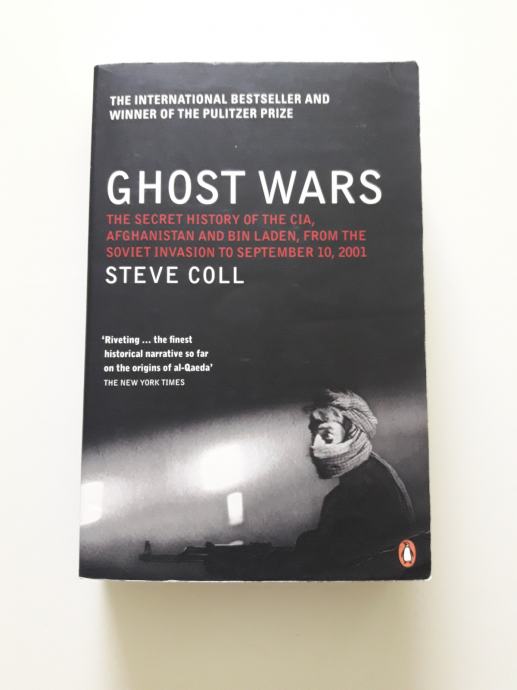

During the late 1980s and early 1990s, as allies battling Soviet occupation forces and their Afghan communist proxies, the CIA had pumped cash stipends as high as $200,000 a month to Massoud and his Islamic guerrilla organization, along with weapons and other supplies. Schroen had requested a meeting, and Massoud had accepted. A few weeks before, with approval from CIA headquarters in Langley, Virginia, he had made contact through intermediaries with Ahmed Shah Massoud, the celebrated anti-Soviet guerrilla commander, now defense minister in a war-battered Afghan government crumbling from within. He recruited and managed paid intelligence agents, conducted espionage operations, and supervised covert actions against foreign governments and terrorist groups. In spy terminology, Schroen was an operator. He spoke Persian and its cousin, Dari, one of Afghanistan's two main languages. He was now, in September 1996, chief of station in Islamabad, Pakistan. Gary Schroen had served for twenty- six years as an officer in the Central Intelligence Agency's clandestine services. He looked as if he might be a dentist, an acquaintance once remarked. He was a friendly man in his early fifties who spoke in a flat midwestern accent. In the tattered, cargo-strewn cabin of an Ariana Afghan Airlines passenger jet streaking above Punjab toward Kabul sat a stocky, broad-faced American with short graying hair.


Coll's new book, Ghost Wars, looks at how the CIA's involvement in Afghanistan helped fuel Islamic militancy and give rise to Osama bin Laden's al Qaeda.


 0 kommentar(er)
0 kommentar(er)
